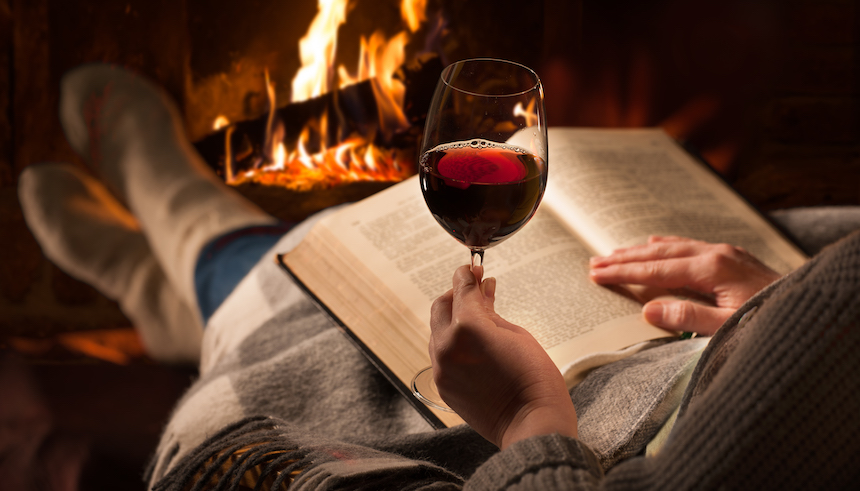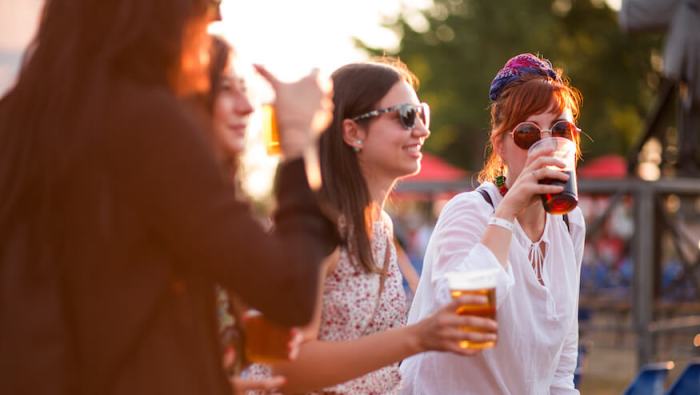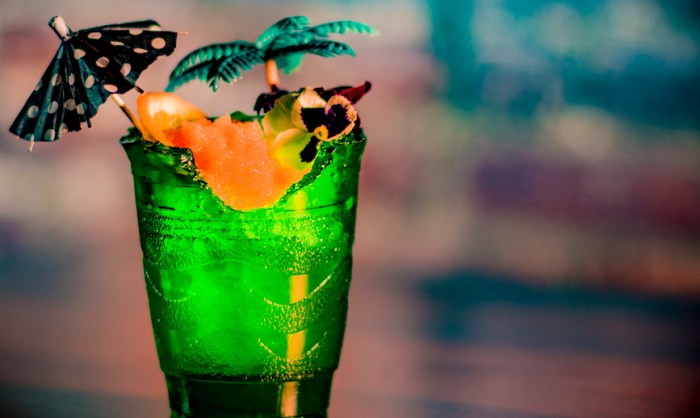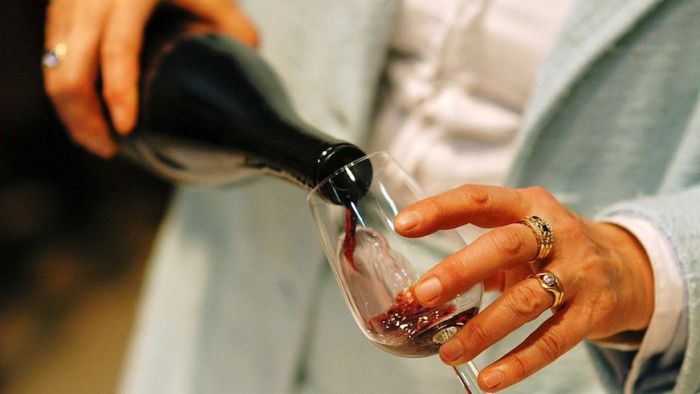Bummer news ahead of National Wine Day this Thursday: according to a new report, drinking as little as one glass of wine a day can increase the risk of breast cancer.
The study, from the American Institute for Cancer Research (AICR) and the World Cancer Research Fund, found that drinking 10 grams of alcohol a day (equivalent to a small glass of wine or an 8 ounce beer) increases breast cancer risk by five percent in premenopausal women, and nine percent in postmenopausal women.
Only one drink?! (And it’s not even a full drink: what we think of as a single serving of alcohol is actually 14 grams.) The news comes as a bit of a surprise, when we’ve been told that moderate drinking has numerous health benefits, including reducing the risk of heart disease and diabetes. The National Institute of Alcohol Abuse and Alcoholism (NIAAA) has defined moderate alcohol consumption as up to one drink a day for women, and up to two a day for men.
Even the study’s lead author is surprised by the findings.
“Some other individual studies had suggested that risk only started with 2 drinks per day or more,” said Anne McTiernan, MD, PhD, and cancer prevention expert at the Fred Hutchinson Cancer Research Center. “But this meta-analysis, where we combined results from many large cohort studies, was definitive.”
Beyond cutting down your alcohol intake, there are active measures you can take: the research also found that “vigorous” exercise (running, fast biking) can lower breast cancer risk by 17 percent in premenopausal women and ten percent in postmenopausal women. Additional findings: mothers who breastfeed are at lower risk of developing breast cancer. And some evidence showed that consumption of non-starchy vegetables and foods high in carotenoids could also decrease the risk.
Alice Bender, MS, RDN, AICR’s Head of Nutrition Programs, offered practical advice for how women might modify their daily behaviors in light of the news.
“Wherever you are with physical activity, try to nudge it up a bit, either a little longer or a little harder,” said Bender. “Make simple food shifts to boost protection – substitute veggies like carrots, bell peppers or green salad for chips and crackers and if you drink alcohol, stick to a single drink or less,” said Bender.
And of course, these are just suggestive measures. “It’s not a guarantee,” said McTiernan. “I think of it like a seatbelt. It’s not a surety that you’ll be saved from injury in a car crash, but using a seat belt reduces your risk.”























